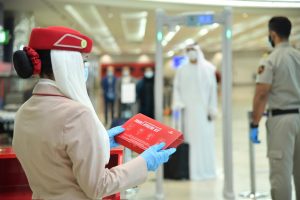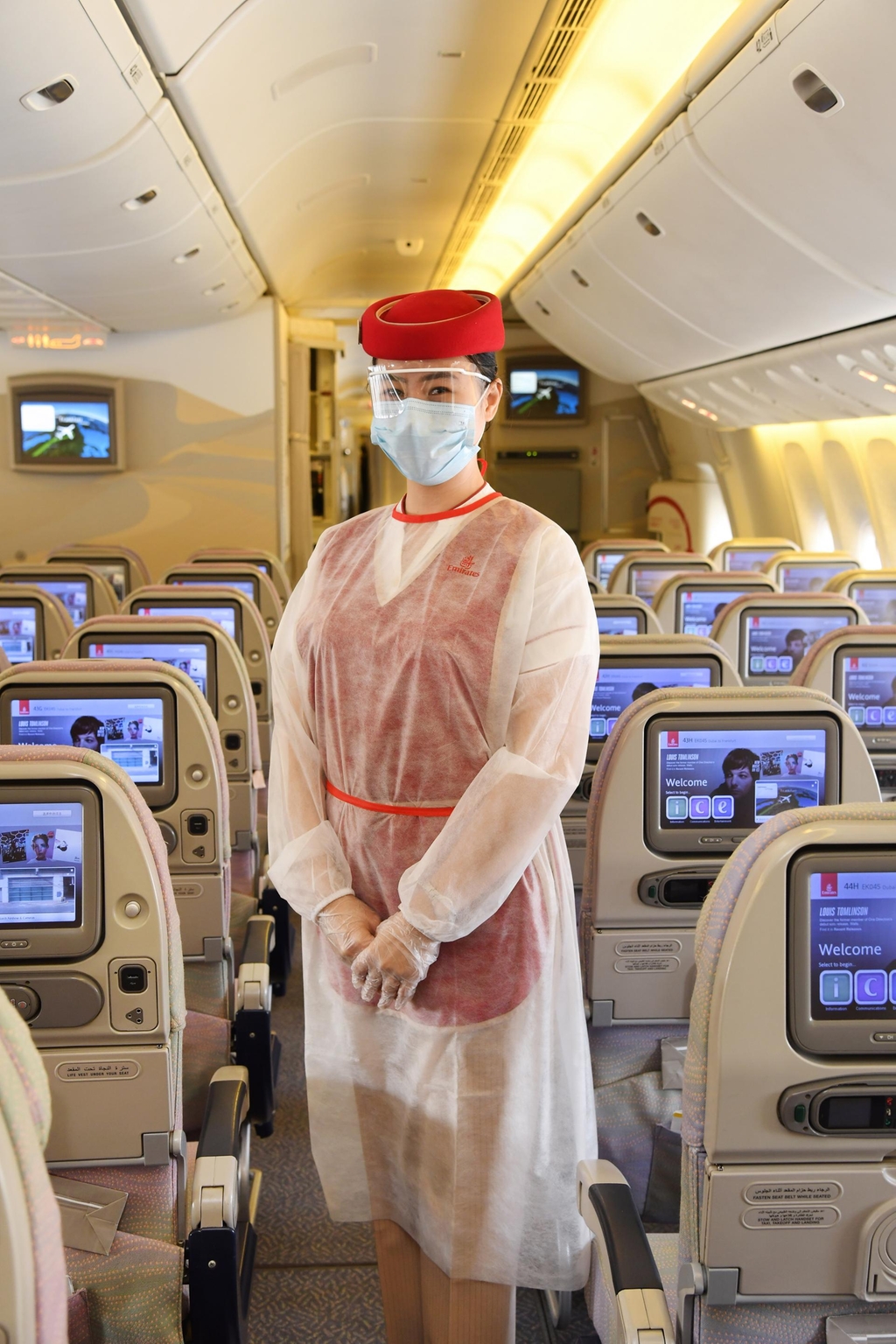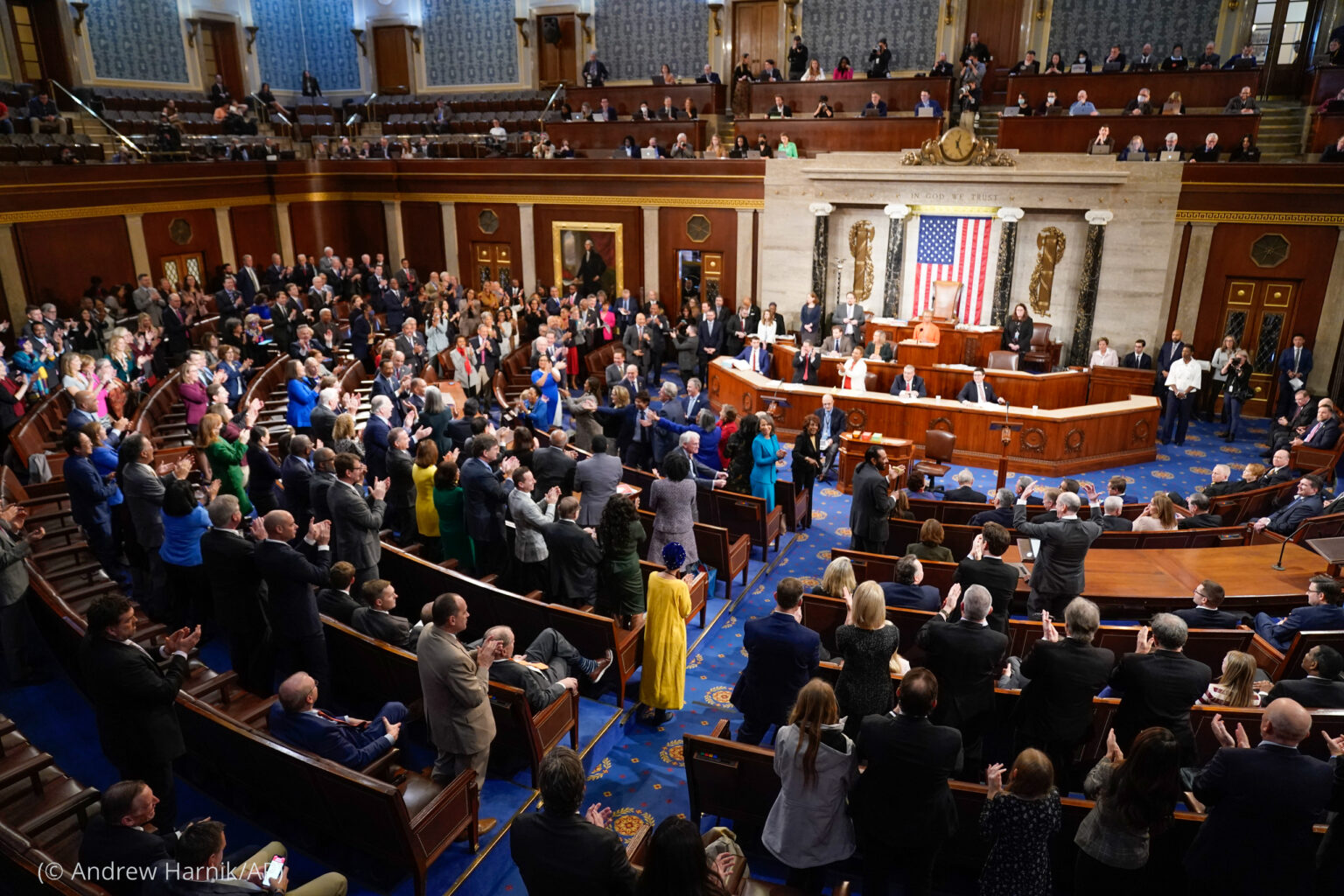The Federal Government announced September 5 for the full resumption of international flights in the country. Director-General, Nigerian Civil Aviation Authority, Capt. Musa Nuhu, disclosed that the federal government is going ahead with the implementation of the principle of reciprocity against the nationals of some countries that are imposing stringent traveling conditions on Nigerian citizens on the bases of COVID-19 cases in the country.
Below are vital details for travellers flying Emirates airline to Dubai and transit passengers.
Travellers can expect a few changes on Emirates flights. All passengers will be given a complimentary hygiene kit containing a mask, gloves, hand sanitiser and antibacterial wipes, the Gulf airline revealed Saturday.

You’ll need to wear the mask for the duration of your flight, except for when you are eating or drinking. Children under six years old and customers with certain medical conditions who have completed a preflight medical information form may be exempt from wearing masks.
Temperatures are likely to be taken before you board your flight and the boarding process has also changed, with passengers now boarding the aircraft in small groups, and with those seated at the back of the aircraft boarding first.
There is no more duty free service on flights and all reading materials – such as complimentary newspapers and magazines – have been removed. In Economy class, don’t expect menu cards – instead cabin crew wearing personal protective equipment will tell travellers what is being served. Food and snacks are also being served in sealed packages, so expect a slightly different meal than what you might have been given pre-pandemic.
If you’re flying business or first class, you’ll have to do without social areas such as the A380 lounge and there is currently no access to on-board shower spas.
Travellers with Dubai as a final destination will be given ‘quarantine undertaking’ forms during flights. These must be completed to hand to the authorities upon arrival at Dubai International Airport.

The forms confirm that travellers will self quarantine until they receive any outstanding Covid-19 PCR test results, and will isolate for 14 days if results are positive. It’s also a good idea to keep your boarding pass in a safe place, you may be asked for it as you navigate through the airport in Dubai.
Arriving passengers should hand their completed quarantine forms to Dubai Health Authority officials. All passengers will pass through thermal scanners where temperatures will be checked. Some travellers will have to undergo another PCR test when they land in Dubai. This is dependent on various factors, including symptoms and coronavirus case numbers in the country you’re travelling from. Travellers who do need to be tested will not need to pay for the process.
Passengers who take a PCR test on arrival must self isolate until they receive their results. “You may need to take another Covid-19 PCR test on arrival. If you take a test at the airport, you must remain in your residence or hotel until you receive the test result,” explains Emirates.
What happens if I have a connecting flight?
Transit passengers can also expect to pass through thermal scanners, and anyone showing signs of Covid-19 will be tested for the virus. Once cleared from the Medical Centre, passengers can continue to the departure gate.
If this causes travellers to miss a connecting flight, Emirates will rebook passengers on to the next flight and provide accommodation at Dubai International Airport Hotel if required. However, if test results come back positive for transit passengers, they will need to follow the advice of the Dubai Health Authority and quarantine in Dubai for 14 days.
All travellers are advised to check the latest requirements for their country of origin and their intended destination regularly before travelling because rules and restrictions can change with very little notice.























Leave a comment